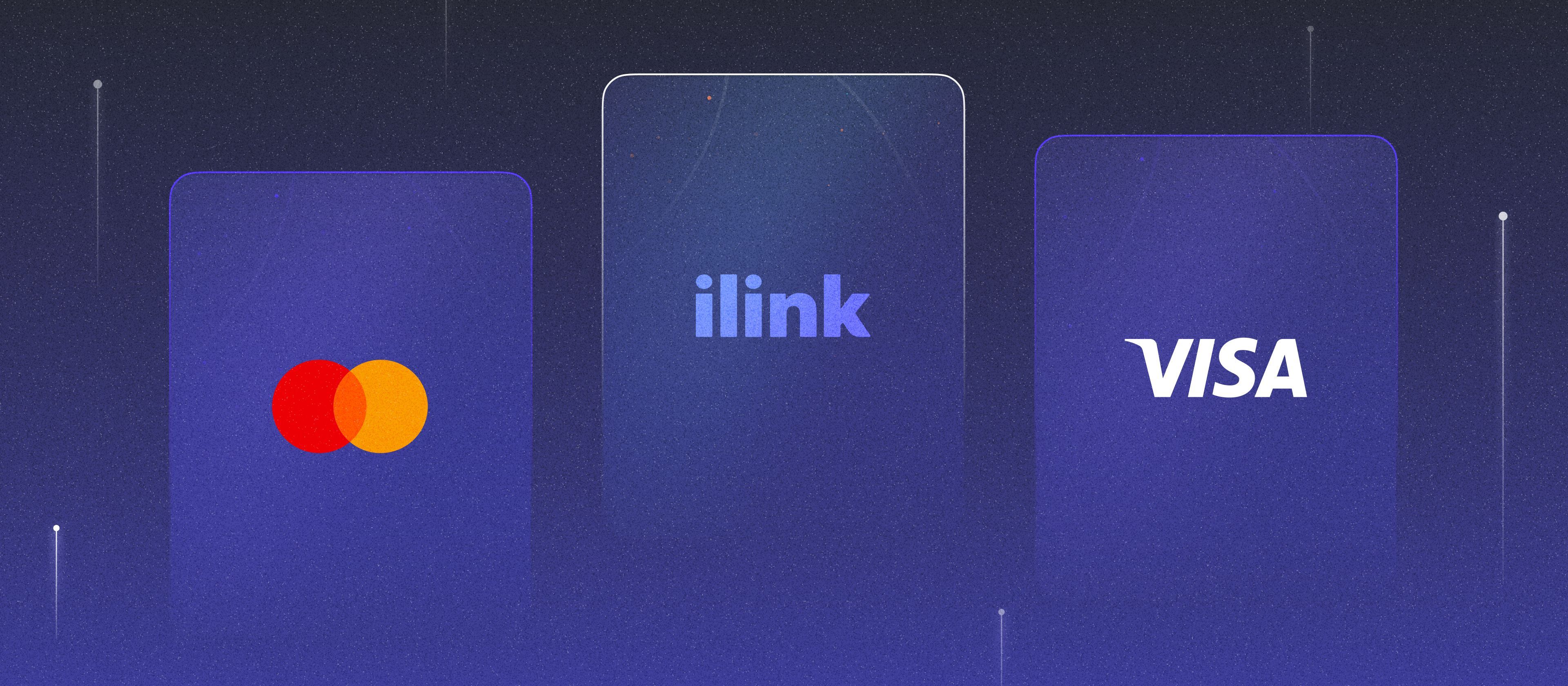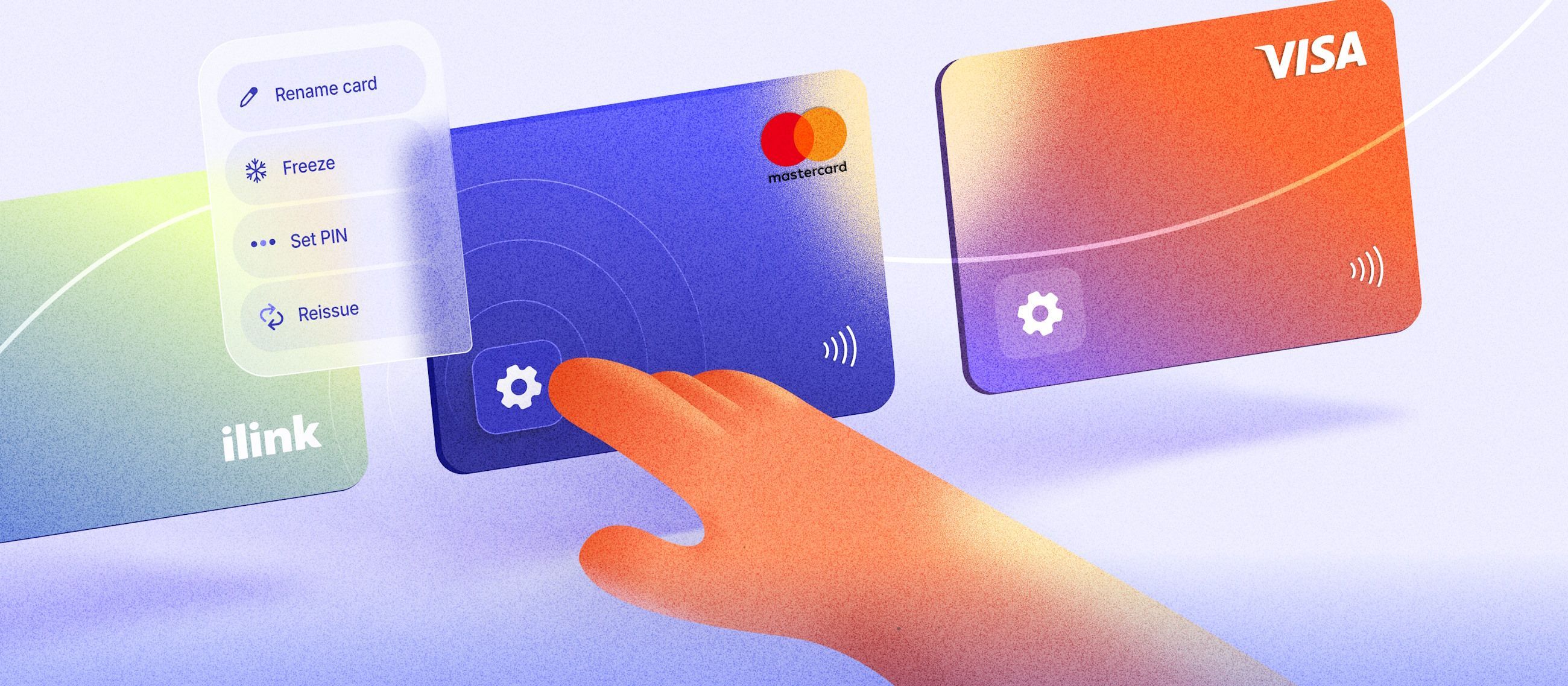Web3 for Business: How Decentralized Applications Are Creating New Revenue Models
Introduction
The digital economy is entering a new era—one defined by decentralization, transparency, and user ownership. At the center of this transformation is Web3, a blockchain-powered evolution of the internet that shifts control from centralized platforms to users and communities. For businesses, Web3 presents a unique opportunity: not only to innovate, but to monetize in ways that were previously impossible. From token economies to smart contracts and decentralized marketplaces, Web3 is unlocking entirely new revenue models that are reshaping industries.
Understanding Web3: The Foundation of Decentralized Business
Unlike Web2, where platforms control data, payments, and user access, Web3 is built on decentralized networks powered by blockchain. Key elements include:
- Smart contracts. Code that self-executes when predefined conditions are met;
- Crypto wallets. User-controlled access to funds and digital assets;
- Tokens. Represent value, ownership, or access in a decentralized ecosystem;
- DAOs. Community-driven organizations governed by token holders. This decentralized foundation allows businesses to interact directly with users, automate transactions, and build trustless systems—eliminating the need for intermediaries.
Evolving Revenue Models in the Web3 Economy
Web3 is not just a tech upgrade—it’s a new way to think about monetization. Here’s how businesses are generating revenue:
- Tokenization. Businesses create utility or governance tokens that provide value access, enable payments, or unlock participation in decision-making.
- NFT monetization. Digital assets can be minted, sold, and resold—with smart contracts enabling royalties on every resale, generating ongoing revenue for creators.
- Play-to-earn & engage-to-earn. Users are rewarded with tokens for gameplay, community participation, or contributing value—driving organic engagement and network effects.
- Decentralized subscriptions. Token-gated access to content, apps, or services using NFTs or smart contracts that manage renewals and permissions automatically.
- Revenue-sharing with communities. DAOs and co-owned ecosystems allow users to share in profits or returns, aligning incentives and loyalty.
Real-World Web3 Business Use Cases
Web3 monetization is already happening across industries:
- Gaming (GameFi). Games like Axie Infinity and The Sandbox allow players to earn real-world value through token rewards and NFT ownership.
- Content & Media. Platforms like Mirror.xyz enable writers to tokenize their content, while Sound.xyz gives musicians control and monetization via NFTs and royalties.
- Decentralized Finance (DeFi). Platforms earn through lending, staking, and liquidity provision, with smart contracts automating interest and yield distributions.
- Marketplaces. Peer-to-peer e-commerce platforms use crypto payments and token incentives to drive low-fee, borderless transactions.
- Enterprise SaaS. Startups are exploring NFTs for subscription access, user authentication, and on-chain CRM systems.
Key Benefits of Web3 for Businesses
Embracing Web3 unlocks several strategic advantages:
- Direct customer relationships. Eliminate reliance on platforms like Google, Facebook, or Stripe for access and payment.
- Lower fees. Reduce payment processing, hosting, and intermediary costs.
- Transparent revenue flows. Smart contracts make payments verifiable and auditable in real-time.
- Community-driven growth. Token holders have a stake in success, encouraging loyalty, feedback, and promotion.
- Global reach. Access borderless audiences with decentralized infrastructure and crypto-native transactions.
How to Launch a Web3 Revenue Model for Your Business
To explore Web3 monetization, businesses should follow a strategic process:
- Identify the opportunity. Does your business benefit from token incentives, decentralized control, or crypto-native users?
- Choose the right blockchain. Consider speed, cost, community, and compatibility.
- Design tokenomics. Define how tokens are distributed, used, and governed.
- Build a dApp or NFT system. Develop a decentralized application that aligns with your goals.
- Launch an MVP. Start small, test with your core users, and improve based on real-world feedback.
- Track and optimize. Use on-chain analytics, community input, and smart contract upgrades to iterate.
How ilink Company Helps Businesses Transition to Web3
We specialize in guiding businesses into the Web3 economy through:
- Web3 strategy consulting;
- Custom dApp and NFT development;
- Smart contract creation and security auditing;
- Tokenomics design and governance frameworks;
- Compliance-ready infrastructure and integrations.
Whether you're launching a tokenized platform, enabling crypto payments, or building your first decentralized service, we provide full-cycle support from concept to deployment.
Web3 is more than a technological shift—it's a redefinition of how businesses operate, engage with users, and generate value. Decentralized applications enable programmable, transparent, and community-driven revenue models that open entirely new frontiers of growth. For businesses ready to lead in this new era, the time to start building in Web3 is now.
Comments (0)
Latest Posts
The sustainability of a token’s economy determines liquidity, user activity, long-term growth potential, and the ability of a project to survive without constant capital injections.
A White Label solution allows businesses to get a ready-to-use banking platform under their own brand in 60–90 days, including fiat accounts, cards, cryptocurrency modules, KYC/AML, a mobile application, and administrative panels.
Do You Have Any Questions?
Leave your details - we will contact you to answer all your questions




